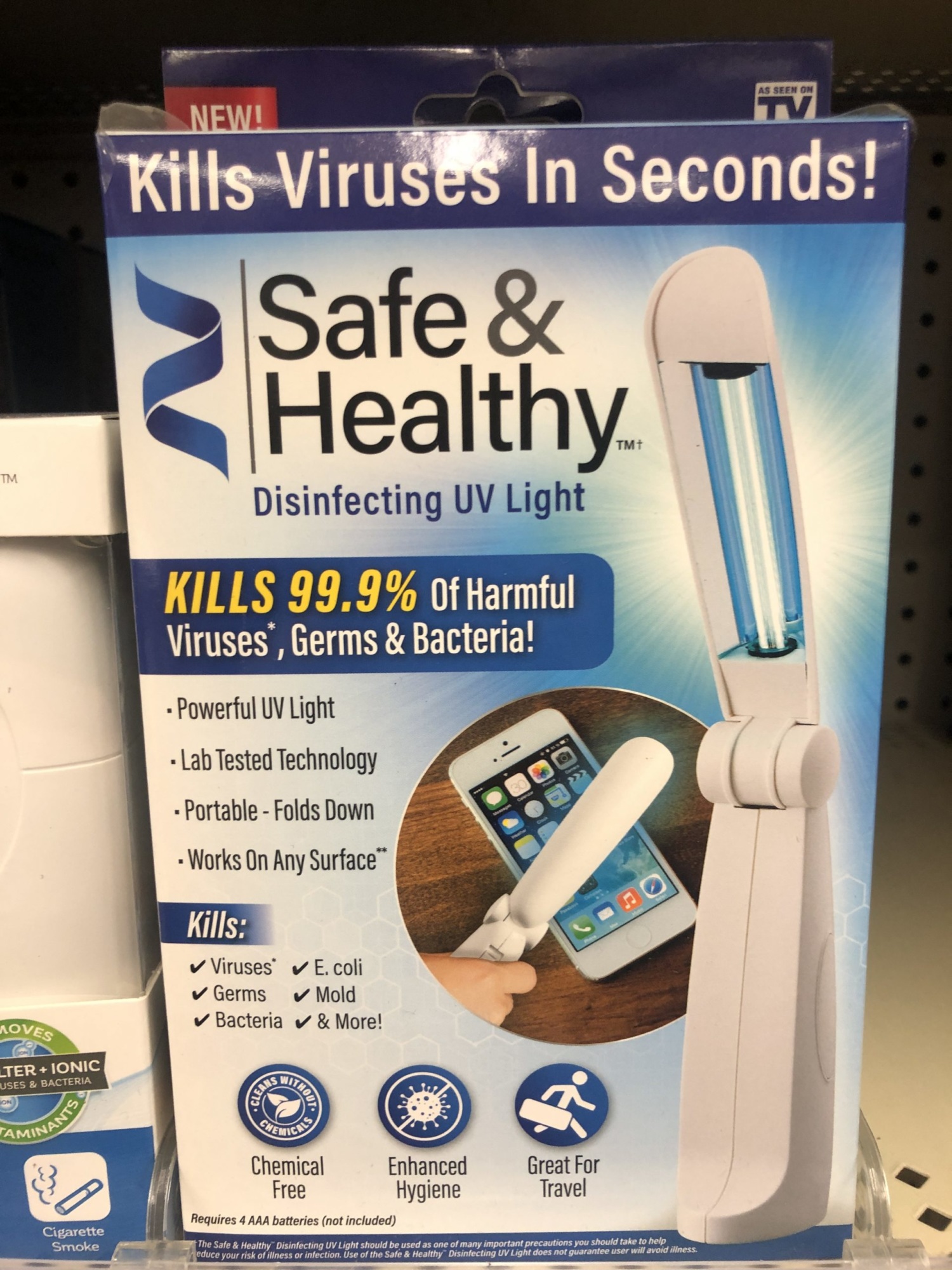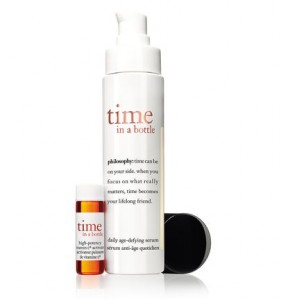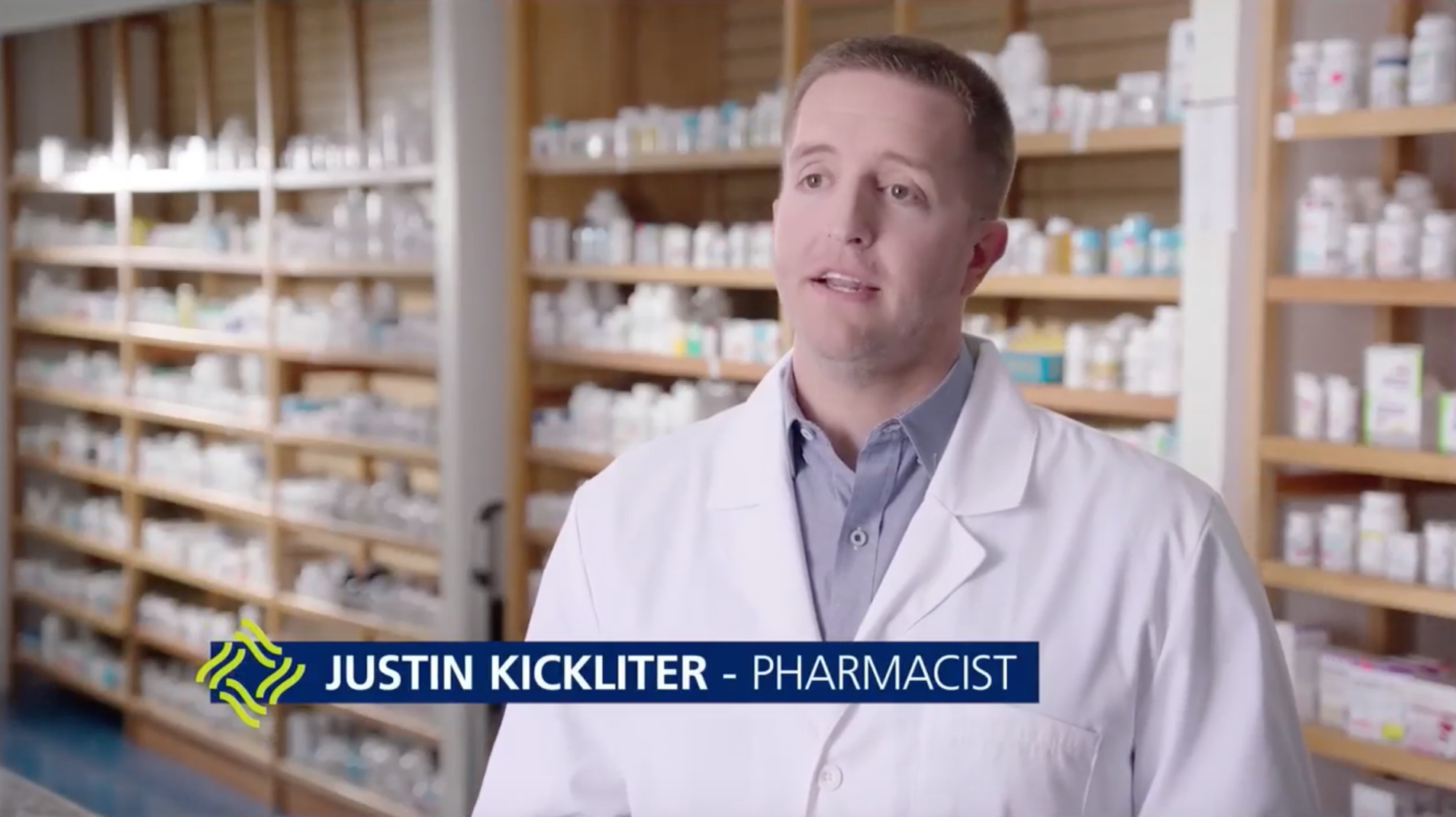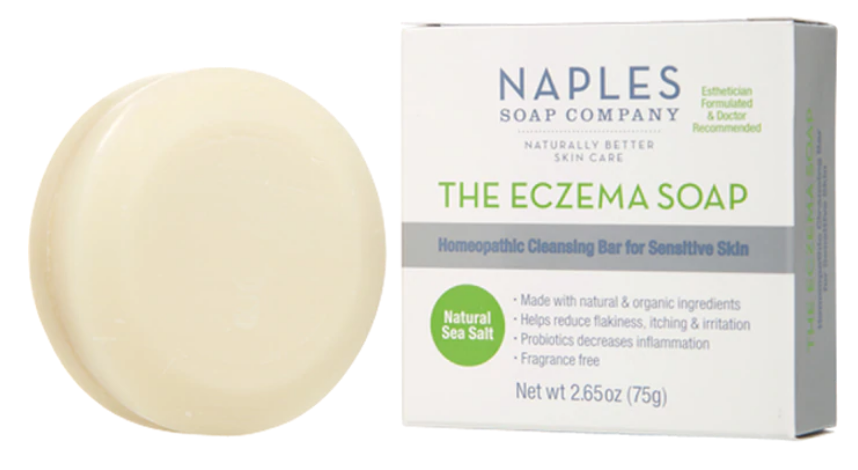
Safe & Healthy Disinfecting UV Light
When it comes to UV devices and COVID-19, there is no magic wand.
Advertising self-regulatory group recommends this age-defying serum discontinue Fountain of Youth claims.
Nowadays, you really can save time in a bottle (h/t Jim Croce). Or at least that’s what countless anti-aging products seem to promise these days.
 “(D)efy the appearance of all major signs of aging,” claims Time in a Bottle Age-Defying Serum, on the product’s website, “and help your skin appear: radiant, poreless, even, wrinkle-free, smooth, and firm.”
“(D)efy the appearance of all major signs of aging,” claims Time in a Bottle Age-Defying Serum, on the product’s website, “and help your skin appear: radiant, poreless, even, wrinkle-free, smooth, and firm.”
Sounds like some healthy-looking skin. But before you choose to turn back the biological clock with Time in a Bottle know that an advertising self-regulatory group recently recommended that the product discontinue such Fountain of Youth claims.
The National Advertising Review Board (NARB), while determining that the study behind the claims was “reliable,” still requested that Philosophy, the beauty brand behind Time in a Bottle, delete the word “all” in the aforementioned quote and stop claiming that its product makes skin appear radiant, poreless, even, wrinkle-free, smooth and firm.
RELATED: Oprah’s anti-aging secret? Not likely
Among other things, NARB also recommended that Philosophy discontinue the claim that in clinical testing 95 percent of women ages 25 to 55 “showed significant reduction in visible signs of aging after 8 weeks.” As of this writing, though, the claim still appears online.
Philosophy had said that it would take NARB’s recommendations into consideration in future advertising. Maybe they’re still mulling it over.
Find more of our coverage on anti-aging products here.
Our Ad Alerts are not just about false and deceptive marketing issues, but may also be about ads that, although not necessarily deceptive, should be viewed with caution. Ad Alerts can also be about single issues and may not include a comprehensive list of all marketing issues relating to the brand discussed.
When it comes to UV devices and COVID-19, there is no magic wand.
Pharmacist testimonials at the center of advertising inquiry head to the FTC for further review.
From “cruelty free” to “Made in the USA,” TINA.org finds personal care company’s marketing awash with questionable labels.

